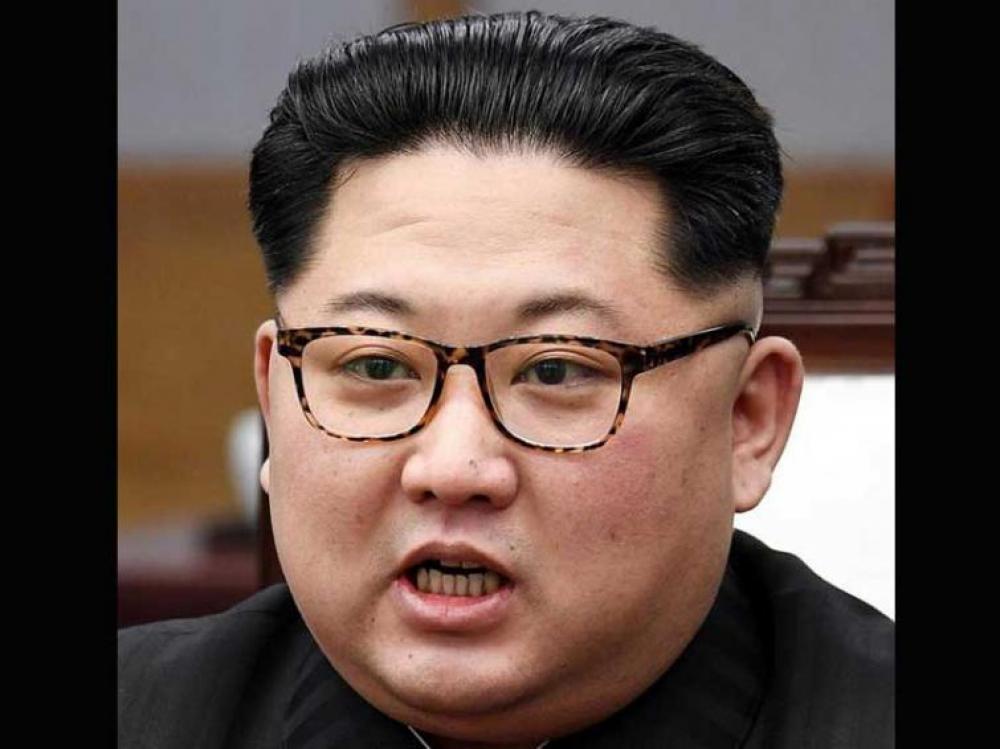Just Earth News | @justearthnews | 02 Jun 2021

North Korean leader Kim Jong-un has set up second-in-command by amending the rules of the Workers' Party of Korea (WPK), the communist political organ that heads the country, said media reports.
The position was created last January by the North Korean dictator in order to bring change in domestic politics, noted media reports.
While it is not clear who has filled the post of the first secretary of the WPK, it was likely that Jo Yong Won or Kim Tok Hun, two of the most powerful men in North Korea's government, could fill the post,a CNN report said.
Jo Yong Won (60), who is believed to be one of the closest and longest-tenured aides of Kim Jong Un, is the secretary of the WPK's central committee.
Kim Tok Hun is the premier of North Korea's government, according to the CNN report.
Both Jo and Kim have headed meetings or made official visits to different parts of the country in 2021 that previously would have been conducted by Kim Jong Un, according to the North Korean state media, it said.
Initially, Kim's powerful sister, Kim Yo Jong was believed likely to hold the position as her influence matched "the second-most powerful person in North Korea," it said. However, she does not occupy a high rank in the WPK, eliminating her chances of being the First Secretary.
Nothing has been said if the decision is linked to Kim Jong Un's health which has been under intense speculation after he did not appear in front of the state media for weeks together.
It can't be said either that the person chosen to be the First Secretary of WPK would take power from Kim Jong Un if he were to die or incapacitated, said the report.
The same post was also held by Kim Jong Un from 2012 to 2016.
Kim Jong Un assumed almost absolute power in North Korea's dynastic system after Kim Jong Il's death in 2011.